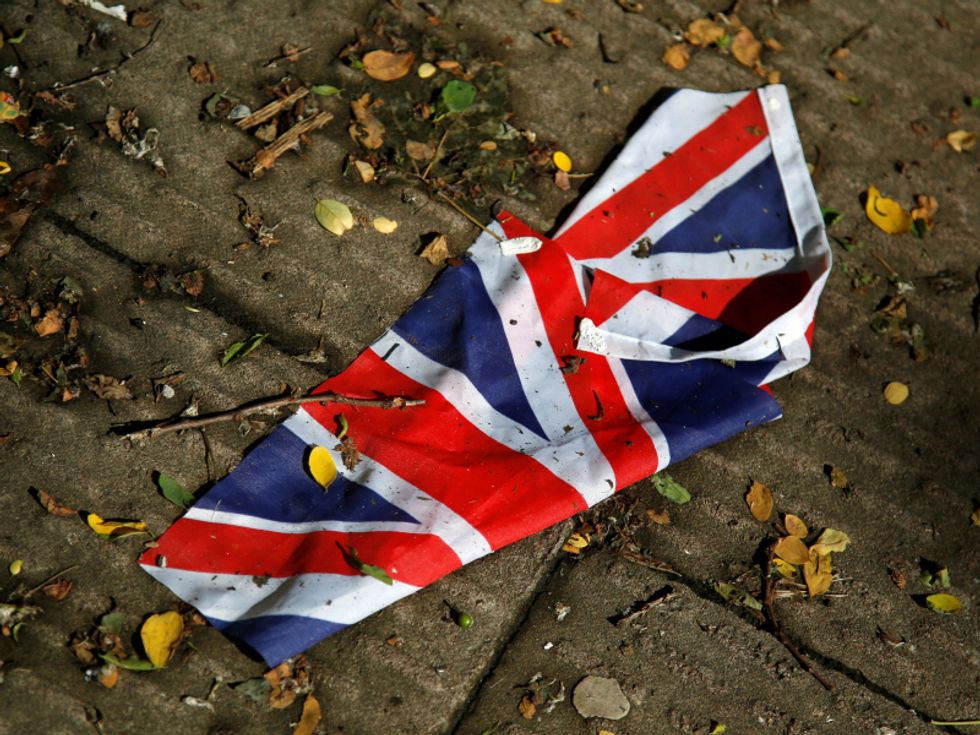My daughter turned 18 several days before the United Kingdom (where we have lived since she was two) held its EU referendum. Sophie has been attending a school where most of her peers hold multiple passports. Not surprisingly, every one of them voted to Remain. Brexit would threaten their chances to pursue higher education and employment in England. It would force them to return to countries they barely recalled from early childhood, or places so transformed by conflict and political strife they could not be considered "home" any longer.
The referendum was for her peers, as for Sophie, their first ever chance to vote, and they took it seriously. Although Remain was expected to win handily, they chose to participate in numbers far higher than anticipated for their age group, shaming commentators who had doubted their commitment to civic life.
Now, try to imagine how those earnest newly enfranchised young global citizens felt when they learned not only that Leave had won, but the reason it had prevailed: protest voters.
All subsequent press accounts featured interviews with voters who'd been wary of the implications of leaving the EU, but citing polls predicting a substantial margin of victory for Remain, nonetheless voted Leave "just to send a message."
I won't digress to explain what message they intended to send. The message received by my daughter and her peers was this: the voters who tipped the balance against their future had co-opted the democratic process for their own selfish, self-indulgent rant. By using the vote as a tool to express their petty grievances, these voters—most of whom were at least two decades older than my daughter—shattered the dreams, undermined the security and disappointed the hopes and expectations of the generations below them.
And this was not the first time my daughter had witnessed the catastrophic consequences of votes cast perversely by the very people at risk of being ruined by them.
In a complicated nomination process, the UK's Labour Party—one of only two leading governing parties--nominated an extreme far left Member of Parliament named Jeremy Corbyn, for its slate of leadership contenders. Although next to none of the people who voted to add Corbyn to the slate supported him, they endorsed his nomination nonetheless, for the sake of "ideological diversity" among the candidates. Besides, they were absolutely sure Corbyn would not win the leadership in the end.
You know where I'm going. Millions of newly-registered Labour voters turned out to vote in the leadership election. It seems they were just waiting for someone with Corbyn's socialist credo to steer the party away from the centrist legacy of the Blair years.
The Labour Party honchos who had blithely voted to place Corbyn's name in contention are now marginalised within a party that has been relegated indefinitely to the far back benches. Overnight Labour became a joke, except to those who had counted on it to resist the worst of a reactionary Tory government's policies.
Having witnessed the folly of voting from whimsy, in the case of the Labour Party, or from pique, as with Brexit, my daughter and her peers have more reverence for the vote than their elders.
It's our highest responsibility in the American election to make sure they aren't let down by the indifference or selfishness of those of us who should appreciate at least as much as they, the transformative power we wield when we cast our ballot.
Vote as if the outcome depends on it. Because as recent events have proven, it does.
###
August 19, 2016


